This year’s Emmys broke new ground up and down the ballot. Mr. Robot and The Americans entered the Best Drama race for the first time, with stars Rami Malek (Robot’s troubled hacker) and Matthew Rhys and Keri Russell (two feuding Americans) along for the ride. In comedy, Tracee Ellis Ross and her show black-ish got their first nods, along with Aziz Ansari’s auteurist Master of None. And, for the first time in memory, all of this is somehow less exciting than what’s happening in the miniseries fields, where Fargo would be a likely candidate to sweep… were it not for its FX network-mate The People v. O.J. Simpson. There’s plenty to celebrate in these year’s nominations—here’s how the winners could be every bit as exciting as the nominees list (and how, realistically, they’ll likely shake out).
Best Drama
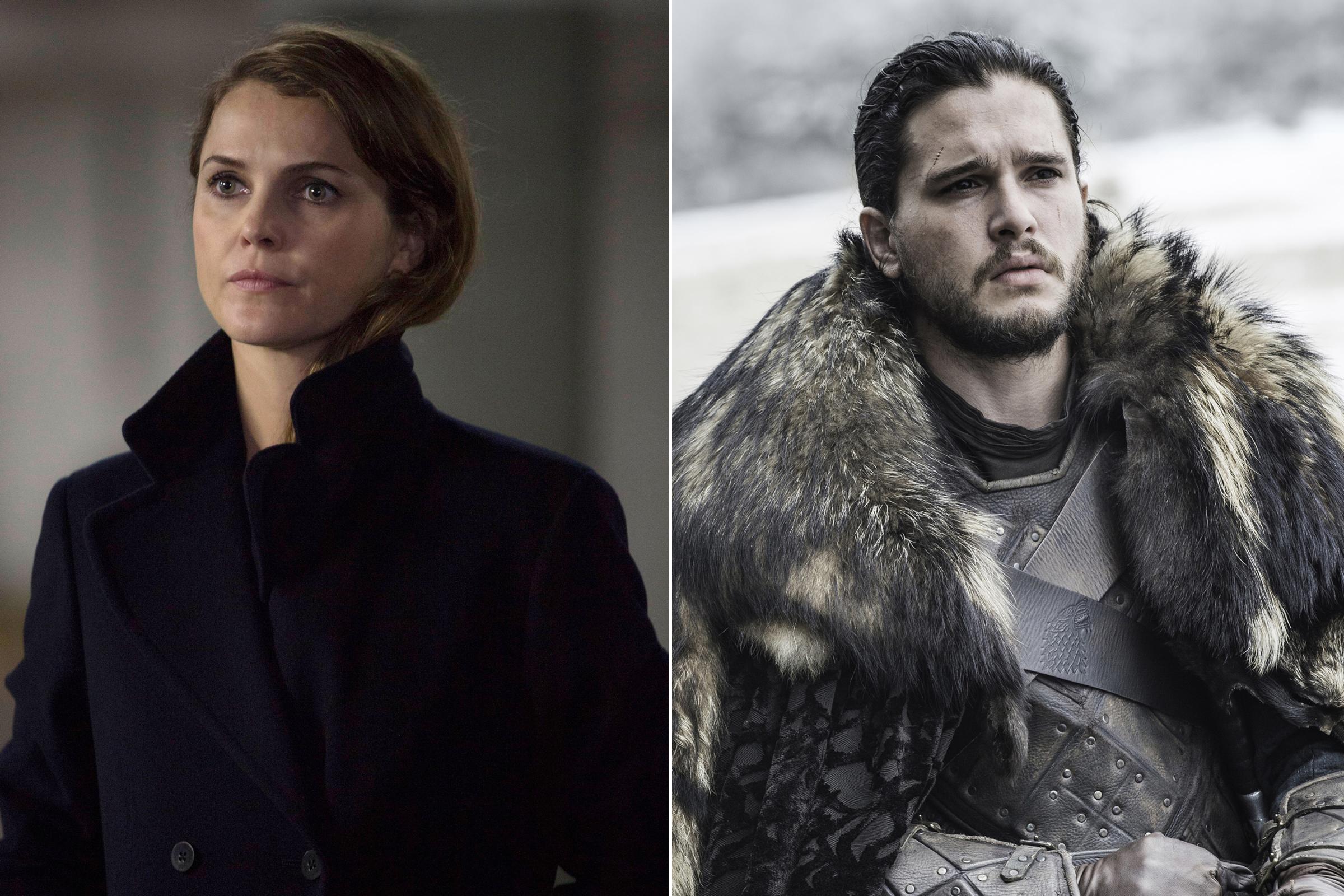
The Americans, FX; Better Call Saul, AMC; Downton Abbey, PBS; Game of Thrones, HBO; Homeland, Showtime; House of Cards, Netflix; Mr. Robot, USA
Should win: The Americans, FX
While several of this category’s nominees feel carried over simply by default, some gems found their way in. Game of Thrones began, by the end of its sixth season, to thrillingly move toward an endgame. Mr. Robot took massive and, within the confines of its first season, successful creative risks (ones that are not paying substantial dividends in the current, lagging second season, but the show may yet pick up). And Better Call Saul, in a season that expanded its crooked-lawyer story to examine Jimmy McGill’s malign influence on all around him, was TV’s second-best drama—just behind The Americans, which feels unlike any of its fellow nominees or any traditional multi-season show. It’s a show that feels as though it has in mind not just its narrative endpoint but the exact mix of thorny ideas it hopes to work through before it gets there, and yet, by some magic, it never feels methodical.
Will win: Game of Thrones, HBO
Television’s current defining hit by any metric, Game of Thrones will make for a worthy winner—if it could win for its transitional fifth season, less cohesive than the most recent set of episodes, it’s not unreasonable to expect it mounts a Breaking Bad-style streak through the rest of its run.
Best Comedy
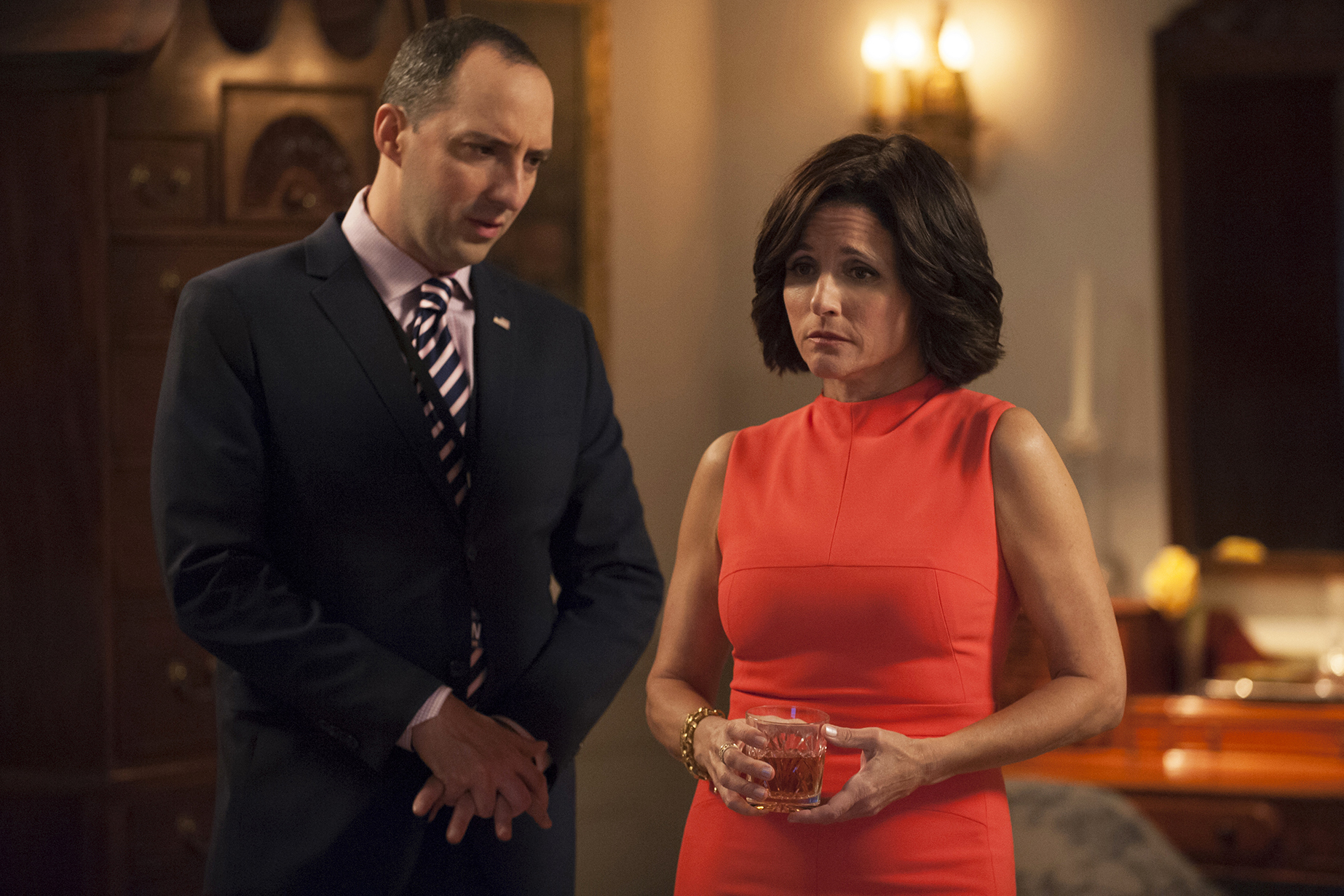
black-ish, ABC; Master of None, Netflix; Modern Family, ABC; Silicon Valley, HBO; Transparent, Amazon; Unbreakable Kimmy Schmidt, Netflix; Veep, HBO
Should win: Veep, HBO
Veep nabbed the top prize for the first time at last year’s Emmys, and yet this season was somehow stronger, moving the character of Selina Meyer, in her rage at ongoing disempowerment, further and further into the realm of something like villainy. With a nod to Master of None and black-ish, I’d argue that Veep has been television’s best comedy for several years now, but got yet more charge in its fifth season from the fact that it’s no longer a show about a person with aspirations. Now that Selina has experienced the Presidency and had it taken from her (and handed, in the show’s darkest and most masterful act of comic subversion, to a younger woman, robbing Selina even of her historic status), it’s a show about embitterment. Its laughs grow corrosive after hanging in the air for a moment.
Will win: Veep, HBO
Following a five-year Modern Family streak—and before that, a three-year run for 30 Rock—there’s ample reason to suspect that Emmy voters like to grant streaks in this category. No competitor seems to have had quite formidable enough a season to beat Veep’s incumbency advantage.
Best Limited Series
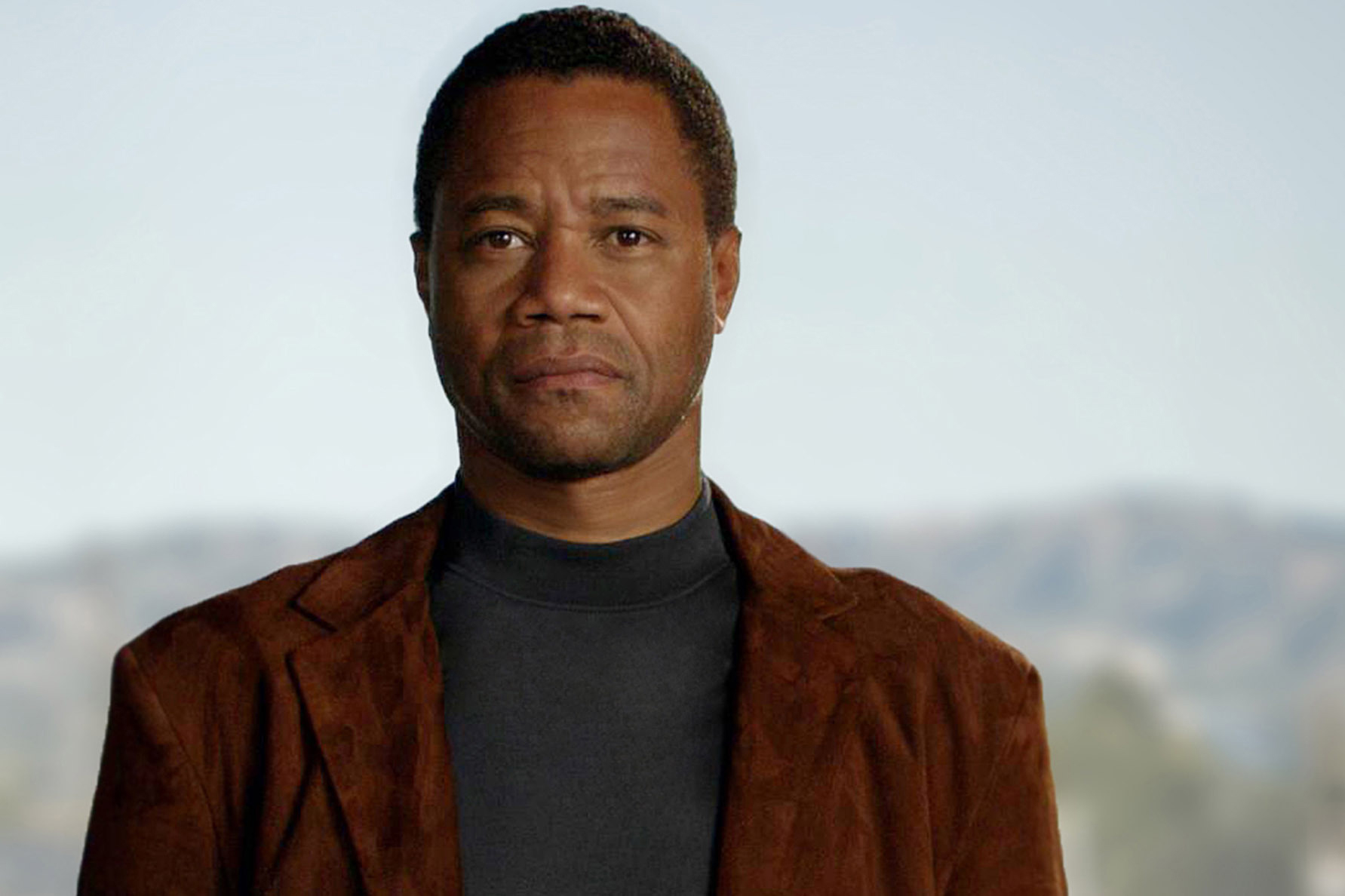
American Crime, ABC; Fargo, FX; The Night Manager, AMC; Roots, History; The People v. O.J. Simpson: American Crime Story, FX
Should win: The People v. O.J. Simpson: American Crime Story, FX
The most confident and assured show in any format over the past season, The People v. O.J. Simpson did even more than spark conversations about race, gender and criminal justice. It proved the distinct value of the miniseries as TV’s current pre-eminent art form—granting viewers the satisfaction of grand emotional swings within a short run, and keeping a remarkable sense of aesthetic cohesion of the sort that slackens and grows loose over multiple seasons. It’s not just the best limited series—it’s an argument for their dominance.
Will win: The People v. O.J. Simpson: American Crime Story, FX
No show was more widely-discussed over the past year; the only question is quite how overwhelmingly popular the show will be in acting and technical categories.
Best TV Movie
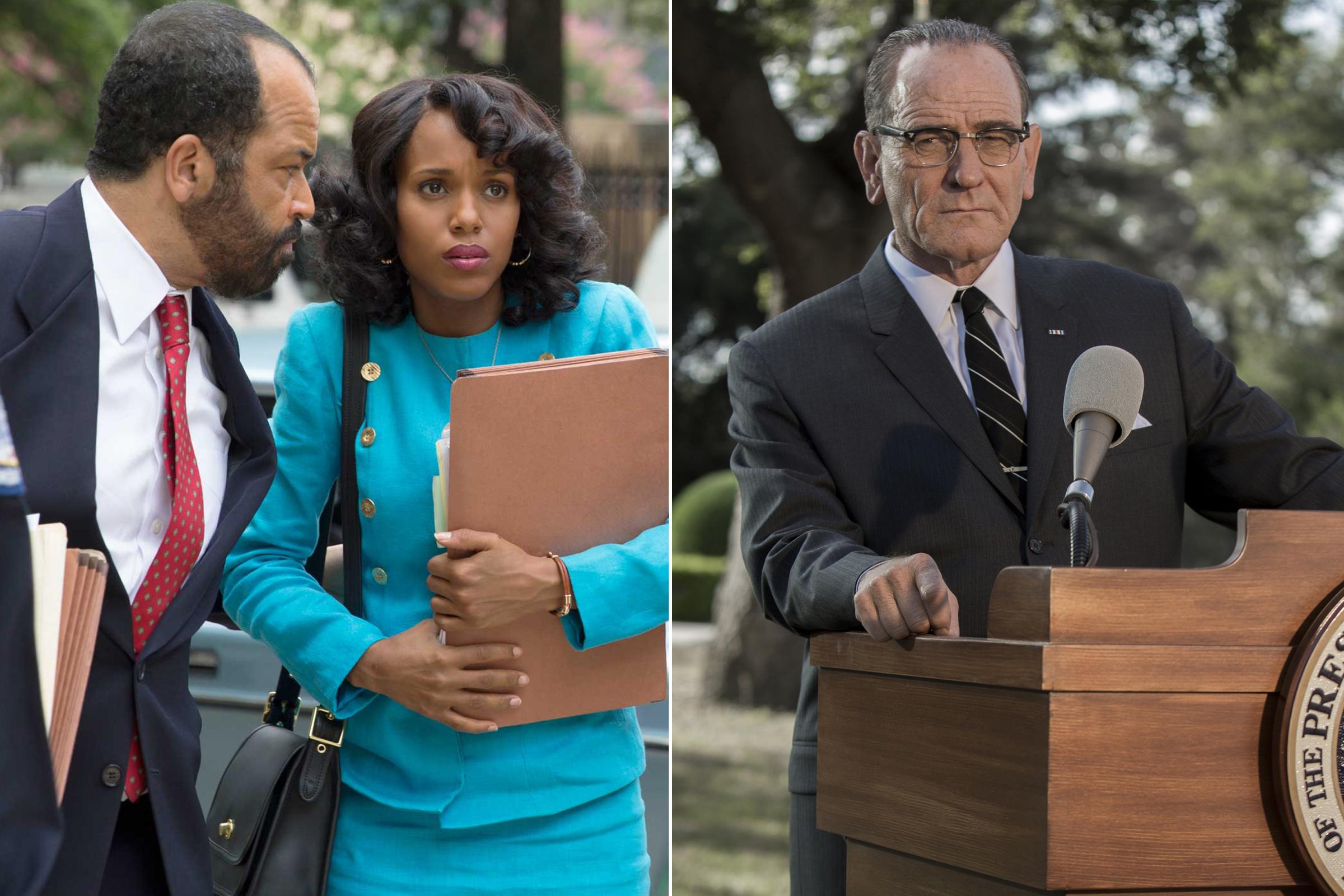
All the Way, HBO; Confirmation, HBO; Luther, BBC America; Sherlock, “The Abominable Bride,” PBS; A Very Murray Christmas, Netflix
Should win: Confirmation, HBO
A win here would be a justly-deserved reward for star Kerry Washington’s work shepherding the project to the screen and for its sophisticated, morally complex take on a defining scandal that, like the O.J. Simpson trial, is sliding into history with too few serious-minded attempts at unpacking what it all meant.
Will win: All the Way, HBO
Just a hunch, but the grander scope of HBO’s Lyndon Johnson drama (as well as its robust number of nominations) would seem to make it the favorite.
Best Actress, Drama

Claire Danes, Homeland; Viola Davis, How to Get Away With Murder; Taraji P. Henson, Empire; Tatiana Maslany, Orphan Black; Keri Russell, The Americans; Robin Wright, House of Cards
Should win: Keri Russell, The Americans
There’s a credible case to be made for both Henson and Wright—both of whom are single-handedly keeping their respective shows from spinning out of control with steely, contained star turns. But Keri Russell does a similar job, acting as the stoic, tough center of The Americans, all while also generating real chemistry with her costar. Watching Russell and Rhys, even in their shortest scenes together, one feels the crushing weight of character history. The pair, Rhys coping with the emotional toll of spying through New Age philosophy and Russell by toughening up yet further, elevate one another. On my Emmy ballot, this one prize will have to stand in for both of their achievements.
Will win: Viola Davis, How to Get Away With Murder
While How to Get Away With Murder feels less central than it did after its sensation of a first season, Davis’s acting cred—and the fact that her speech was the signature moment of last year’s Emmy ceremony—should be enough to get her invited back to the podium.
Best Actor, Drama
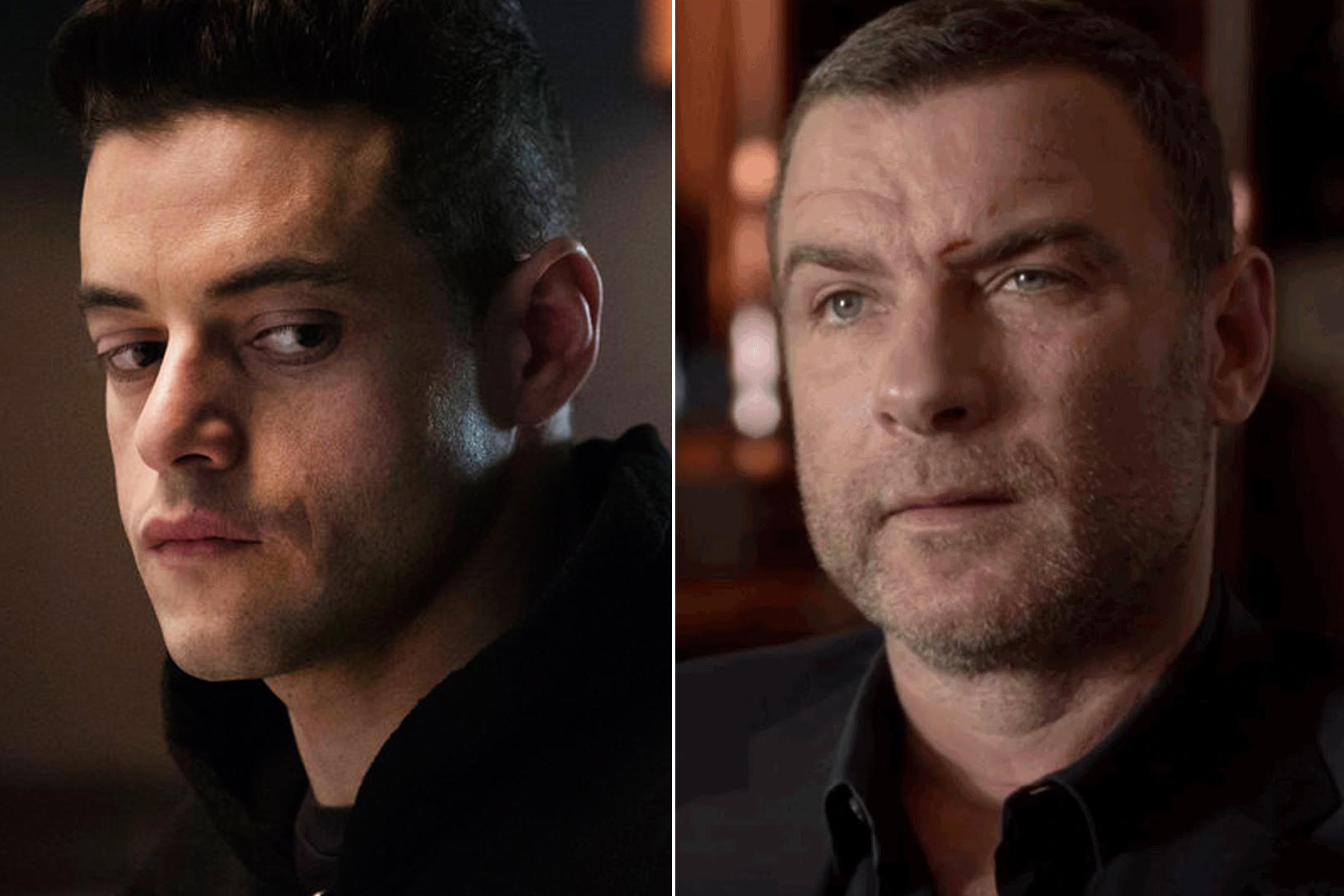
Kyle Chandler, Bloodline; Rami Malek, Mr. Robot; Bob Odenkirk, Better Call Saul; Matthew Rhys, The Americans; Liev Schreiber, Ray Donovan; Kevin Spacey, House of Cards
Should win: Rami Malek, Mr. Robot
With apologies to show creator Sam Esmail, the moments where Mr. Robot succeeded most wildly in its first season were thanks to Malek. The actor’s turn as an antisocial hacker in the thrall of a vision so consuming that it defined what we ended up seeing onscreen was the year’s most audacious—it felt less like a performance than a haunting.
Will win: Liev Schreiber, Ray Donovan
In the absence of last year’s finally-rewarded Jon Hamm, this category feels wide-open, though I suspect Spacey is less of a threat—House of Cards is a bit past its peak, and the star of the last season was unambiguously Robin Wright (who’s a real threat for Best Actress). The momentum for Ray Donovan, which has gradually become, give or take a Homeland, Showtime’s signature drama, seems to have built to a point that Schreiber feels “due,” though (dwindling buzz for Bloodline aside) I wouldn’t count out past winner Kyle Chandler.
Best Actress, Comedy
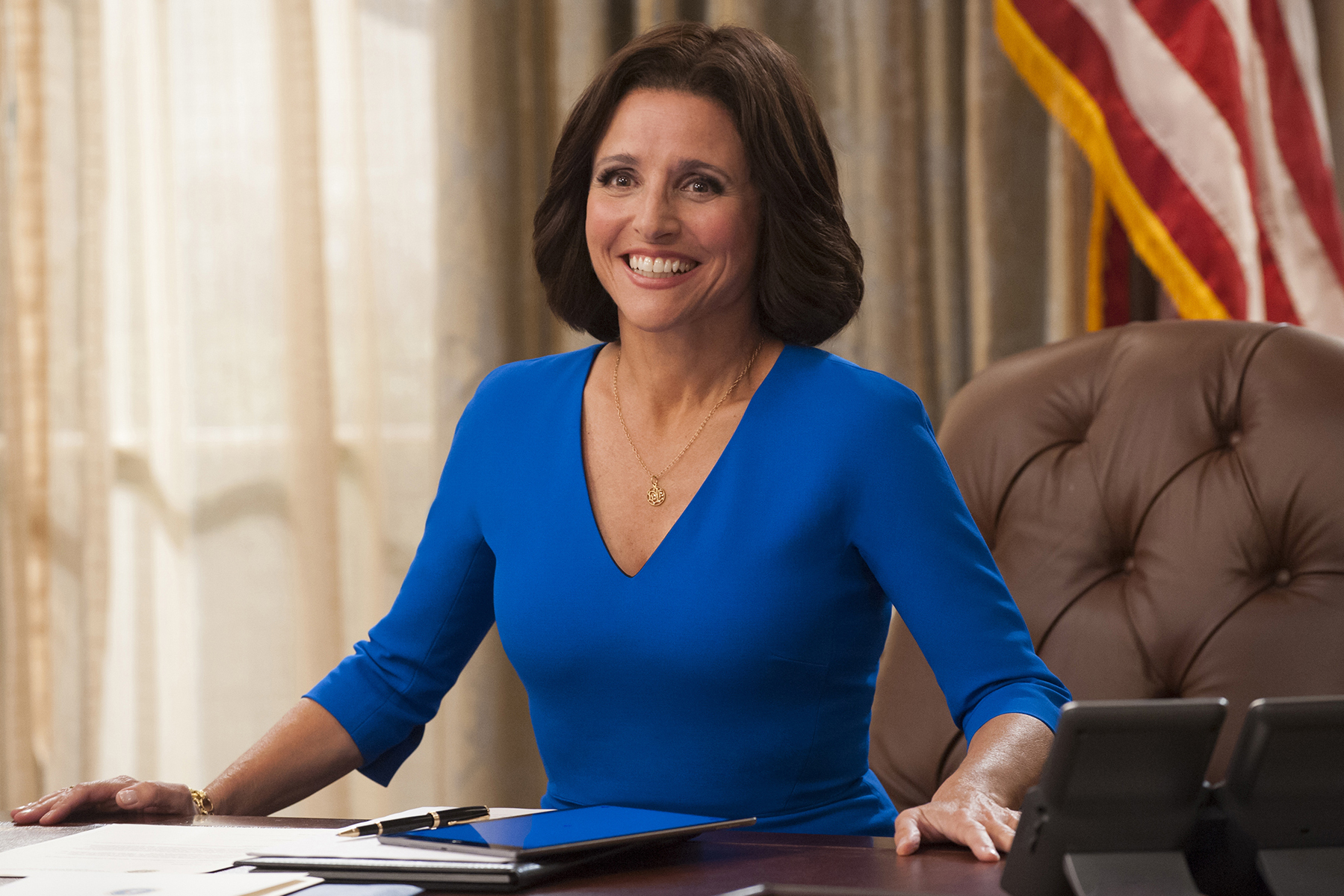
Ellie Kemper, Unbreakable Kimmy Schmidt; Julia Louis-Dreyfus, Veep; Laurie Metcalf, Getting On; Tracee Ellis Ross, black-ish; Amy Schumer, Inside Amy Schumer; Lily Tomlin, Grace and Frankie
Should win: Julia Louis-Dreyfus, Veep
There’s something dully uninteresting about lengthy Emmy streaks—spreading the wealth is both an admirable goal and, given how much shows tend to vary in quality year by year, a realistic acknowledgment that no one stays on top forever. And yet I’m rooting for a fifth consecutive win for Louis-Dreyfus—in part because her turn in “Mother,” the episode in which she goes through the motions of mourning her late mom while actually mourning her re-election prospects, is among the most titanic single-episode performances I’ve ever seen. President Meyer greeting her well-wishers and unable to hide her delight that they’re there to provide comfort she doesn’t need verges on sociopathy, and Louis-Dreyfus sells it. (If the streak were to be broken, Tracee Ellis Ross would be a vastly deserving winner for her subtly cracked mom on black-ish.)
Will win: Julia Louis-Dreyfus, Veep
There’s no reason to argue with recent history—Louis-Dreyfus’s streak is unlikely to fall this year.
Best Actor, Comedy
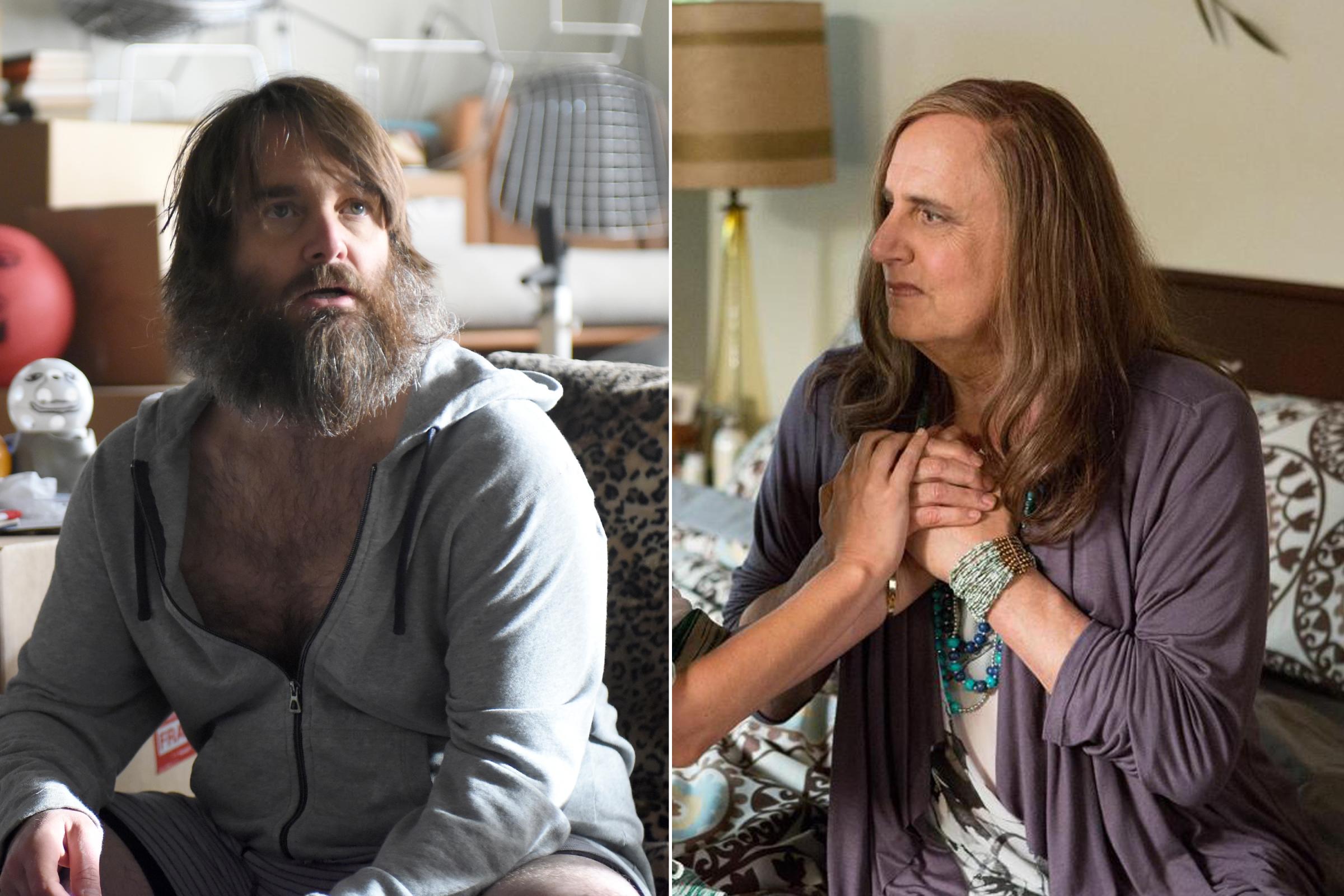
Anthony Anderson, black-ish; Aziz Ansari, Master of None; Will Forte, The Last Man on Earth; William H. Macy, Shameless; Thomas Middleditch, Silicon Valley; Jeffrey Tambor, Transparent
Should win: Will Forte, The Last Man on Earth
Forte is carrying across, week after week, one of TV’s toughest balancing acts—making us care about the fate of a character who’s out-and-out unlikable, a cad to the very limited number of apocalypse survivors around him. The Last Man on Earth is one of TV’s most resourceful comedies, perpetually refreshing its premise in order to make Forte’s character seem yet worse (granted, those around him are no prizes either). That Forte finds pathos amidst the havoc he himself creates is cause for celebration.
Will win: Jeffrey Tambor, Transparent
Another repeat winner—while season 2 of Transparent was not for me, I can’t deny the pathbreaking qualities of Tambor’s performance, and his elegant speech after winning last year should help carry him over the finish line.
Best Actress, Miniseries/Movie
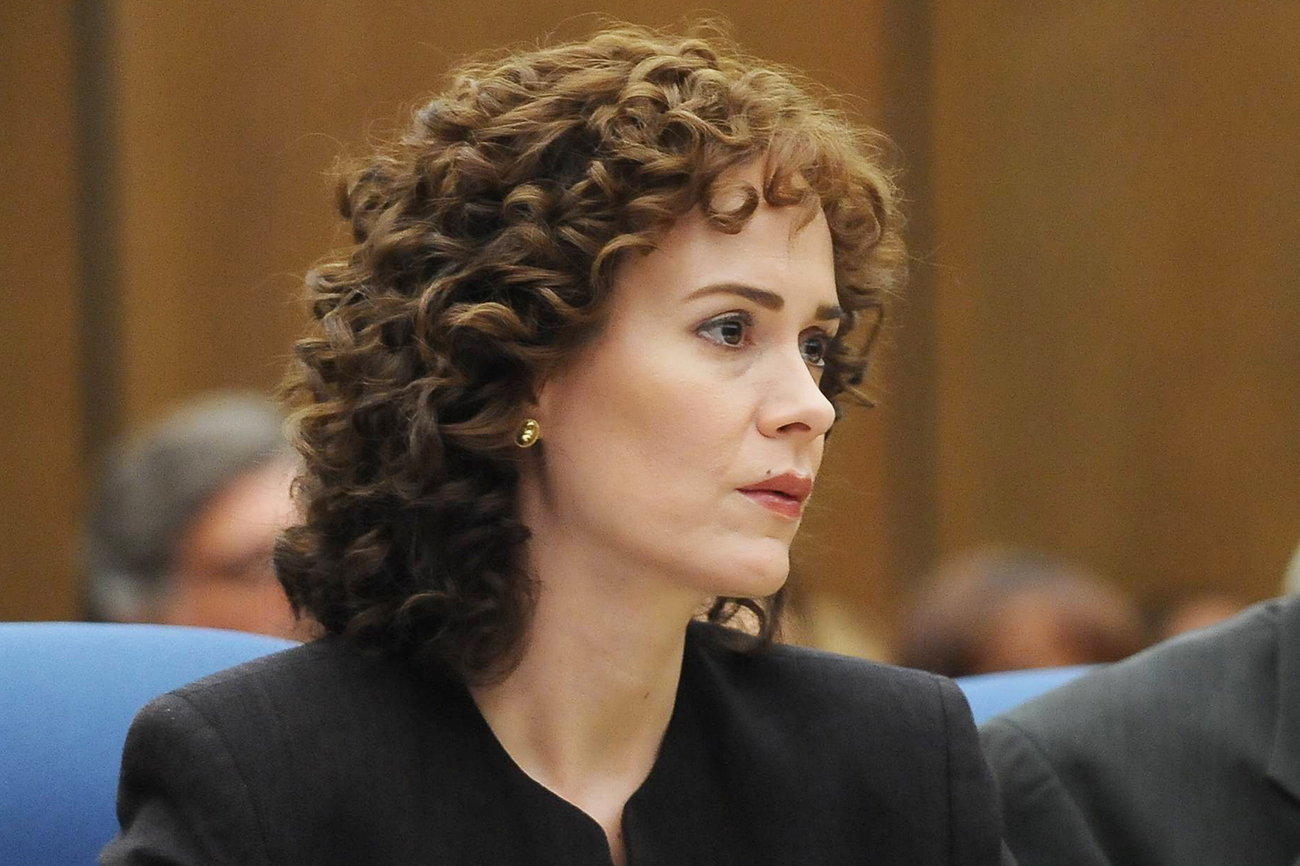
Kirsten Dunst, Fargo; Felicity Huffman, American Crime; Audra McDonald, Lady Day at Emerson’s Bar and Grill; Sarah Paulson, The People v. O.J. Simpson: American Crime Story; Lili Taylor, American Crime; Kerry Washington, Confirmation
Should win: Sarah Paulson, The People v. O.J. Simpson: American Crime Story
Paulson delivered the performance of the year, one the often-nominated actress was always capable of, in a flashy showcase role she’d never quite received. Her Marcia Clark was tough and vulnerable, governed by logic and indignance—all at once. The actress turned Clark into the ultimate sympathetic figure, a person whose human-ness (her confidence in her righteousness, her falling into traps set by the defense) doomed her case but proved her humanity.
Will win: Sarah Paulson, The People v. O.J. Simpson: American Crime Story
This is the safest call of the night.
Best Actor, Miniseries/Movie
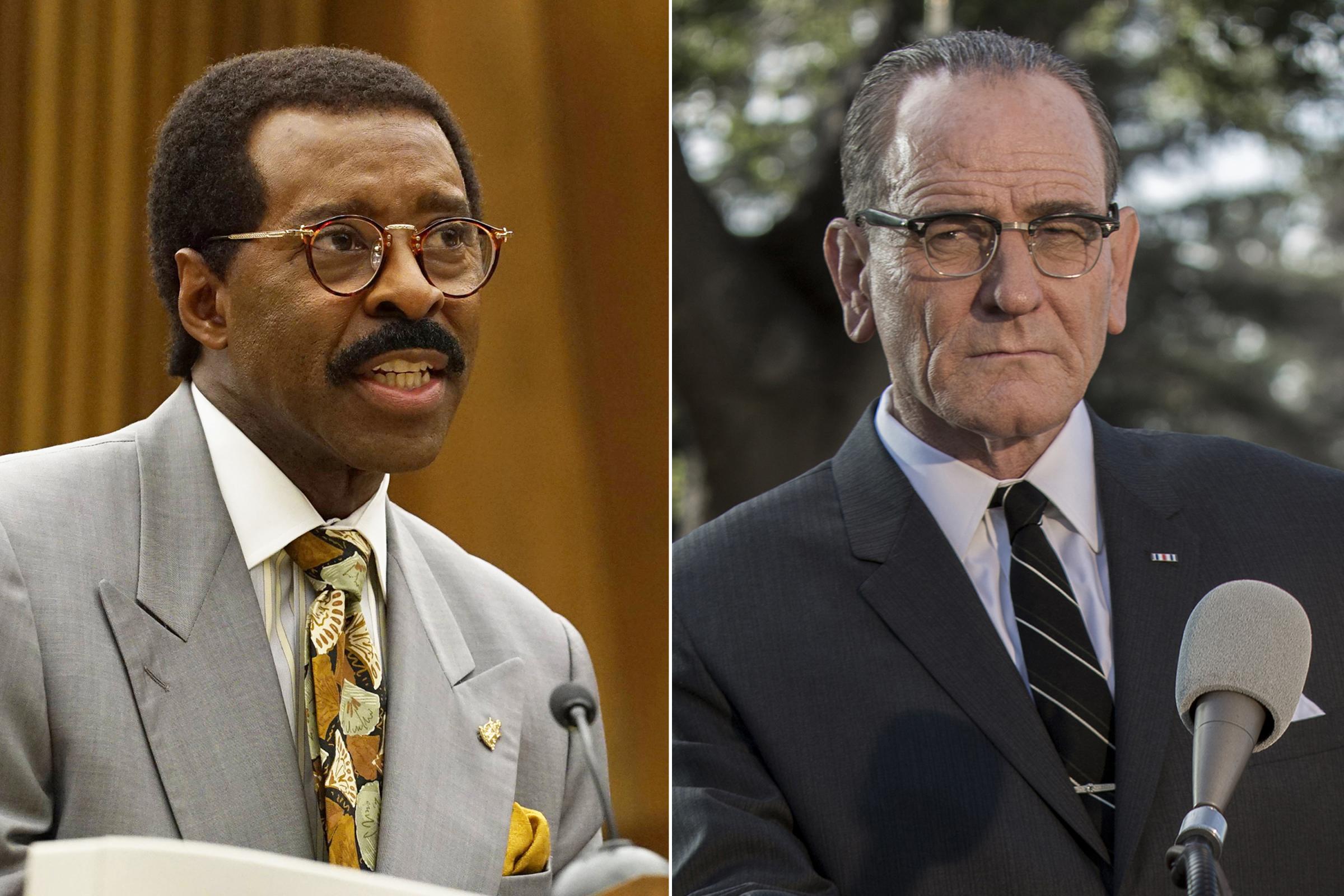
Bryan Cranston, All the Way; Benedict Cumberbatch, Sherlock, “The Abominable Bride”; Idris Elba, Luther; Cuba Gooding Jr., The People v. O.J. Simpson: American Crime Story; Tom Hiddleston, The Night Manager; Courtney B. Vance, The People v. O.J. Simpson: American Crime Story
Should win: Courtney B. Vance, The People v. O.J. Simpson: American Crime Story
While I’m more a fan of Cuba Gooding Jr.’s performance than many, it’s hard to deny Vance’s remarkable achievement in the role of Johnnie Cochran—reclaiming familiar and much-parodied vocal style as a suit of armor against a society that treated him like an outsider. Vance showed us the man behind the mannerisms.
Will win: Bryan Cranston, All the Way
While vote-splitting is not always a concern for shows the Emmys loved enough to nominate multiple times, I think Cranston is a popular enough figure in the TV industry to make him a threat to both O.J. stars.
Best Supporting Actress, Comedy
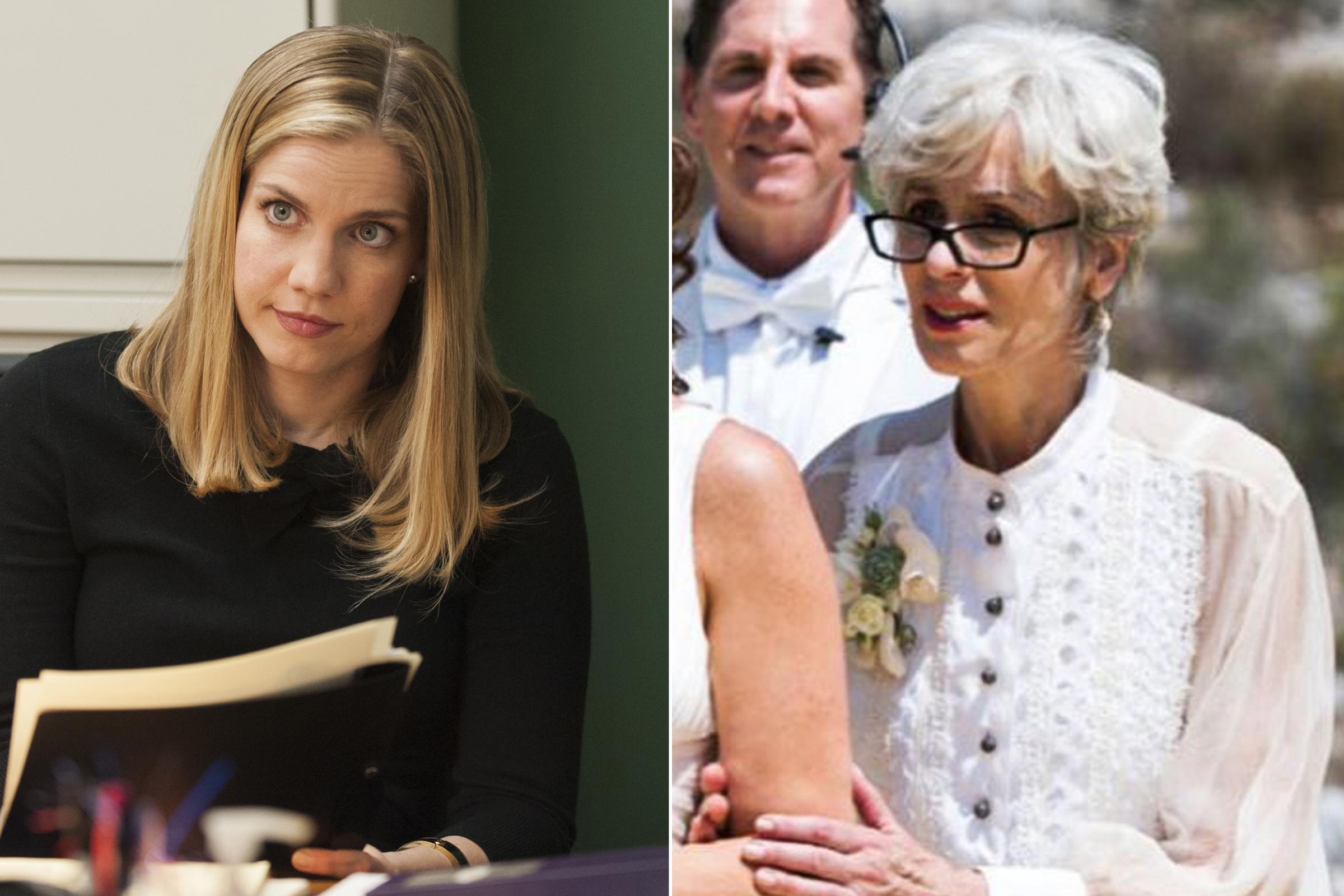
Anna Chlumsky, Veep; Gaby Hoffmann, Transparent; Allison Janney, Mom; Judith Light, Transparent; Kate McKinnon, Saturday Night Live; Niecy Nash, Getting On
Should win: Anna Chlumsky, Veep
Veep has been widely awarded, but Chlumsky’s performance has not, yet; her frustrated hyper-competence is a shade the show wouldn’t be itself without. Competent but cynical, Chlumsky’s Amy shows us how gifted people get chewed up by a corrupting system.
Will win: Judith Light, Transparent
This is a complete hunch; incumbent winner Allison Janney would surprise no one by winning. And yet Mom is not quite as widely loved by Emmy as is Transparent, which brought Light’s character to the forefront in its second season. Like Janney, she’s a TV veteran (previously nominated for her work on Ugly Betty), and I’m going to place a bet that the Academy will take the chance to honor her.
Best Supporting Actor, Comedy
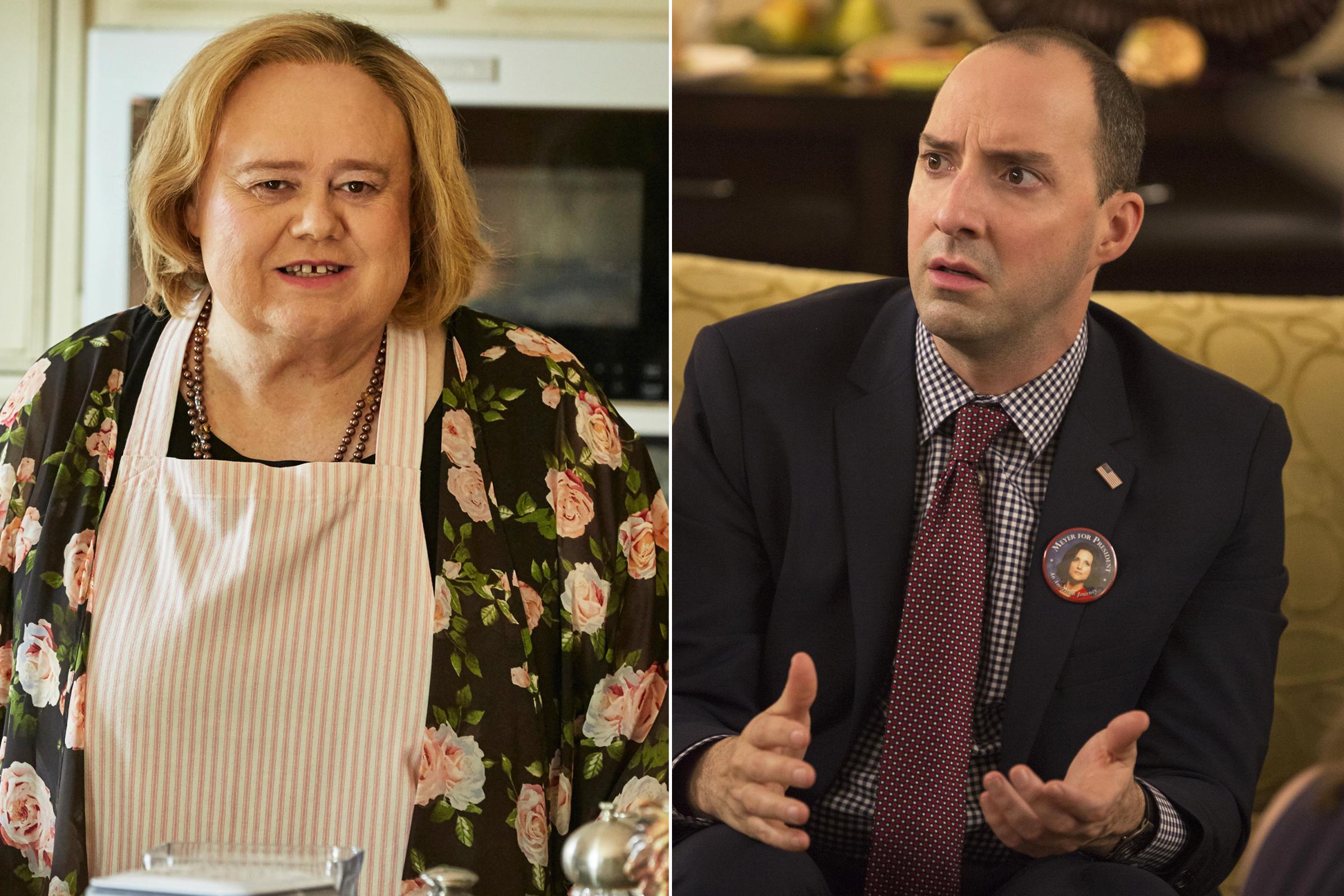
Louie Anderson, Baskets; Andre Braugher, Brooklyn Nine-Nine; Tituss Burgess, Unbreakable Kimmy Schmidt; Ty Burrell, Modern Family; Tony Hale, Veep; Keegan-Michael Key, Key & Peele; Matt Walsh, Veep
Should win: Louie Anderson, Baskets
In a rich field, Anderson seems like an outlier, performing as he does on a show that was little-watched or -discussed. The mere fact the comic was able to get a nomination for the oddball, depressive Baskets helps prove the strength of the performance; as the title character’s mother, Anderson played the role without a hint of drag-queen irony. Anderson’s character was somewhat pathetic, and yet Anderson played her with bone-deep sympathy. Something that could have been a mean joke—on Mrs. Baskets in particular, on women in general, on everyone watching—ended up becoming the year’s most curious triumph.
Will win: Tony Hale, Veep
I could half-see Anderson winning, on the strength of extreme novelty. But that might just be wishful thinking. Novelty is not traditionally Emmy’s bag; two-time winner Tony Hale seems like a good bet for a third in a year where Veep will be cleaning up across the board.
Best Supporting Actress, Drama
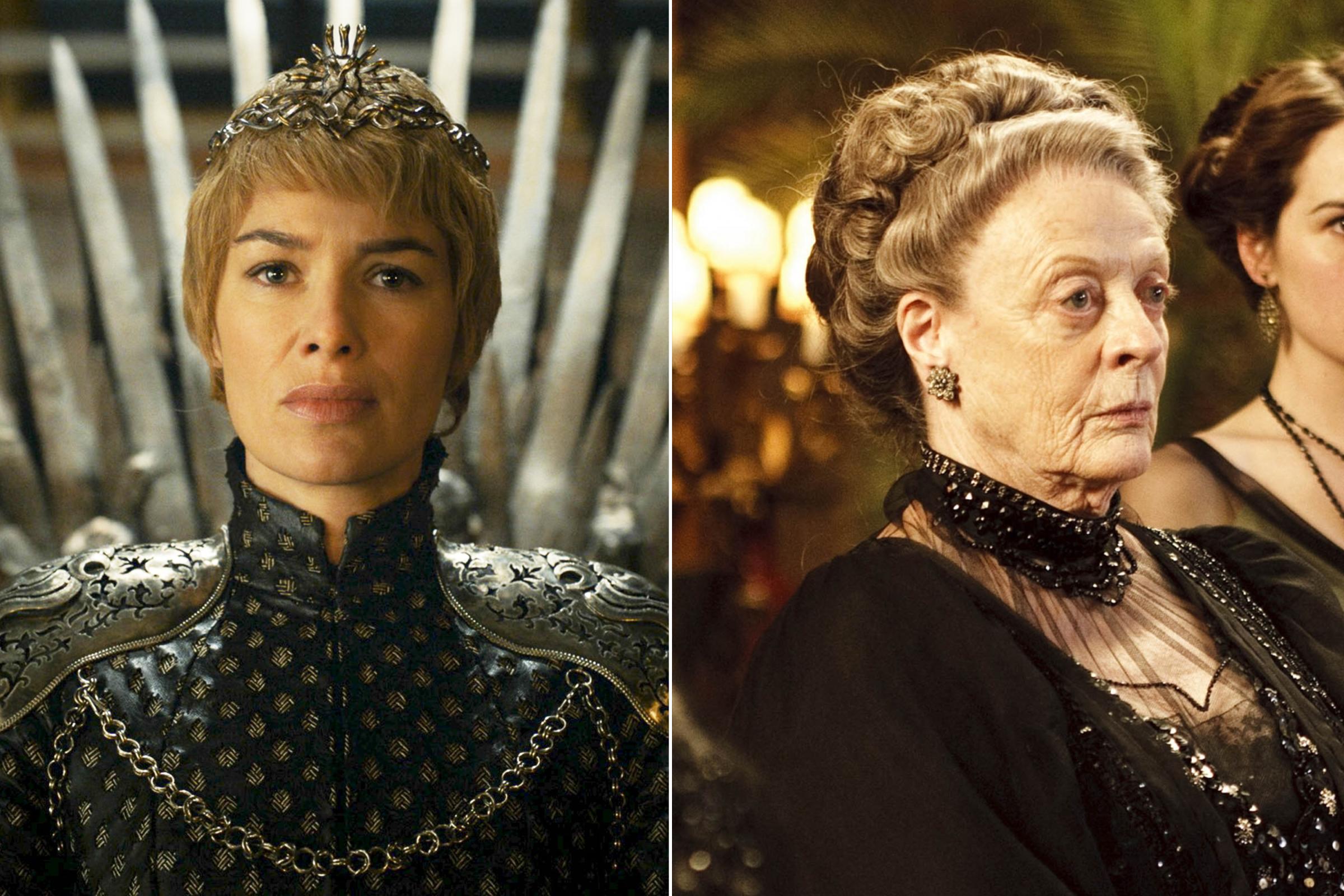
Emilia Clarke, Game of Thrones; Lena Headey, Game of Thrones; Maggie Smith, Downton Abbey; Maura Tierney, The Affair; Maisie Williams, Game of Thrones; Constance Zimmer, Unreal
Should win: Lena Headey, Game of Thrones
Headey had been delivering among the huge ensemble’s best performances for years now, but her work in the show’s last season finale—claiming the throne after earning a bitter sort of vengeance—pushed her over the top.
Will win: Maggie Smith, Downton Abbey
Three performers from one show—each with their own partisans—feels like a recipe for vote-splitting, particularly when another nominee is a beloved past winner from a show that just went off the air. This is Emmy’s last chance to honor Downton Abbey, and I predict they’ll take it.
Best Supporting Actor, Drama
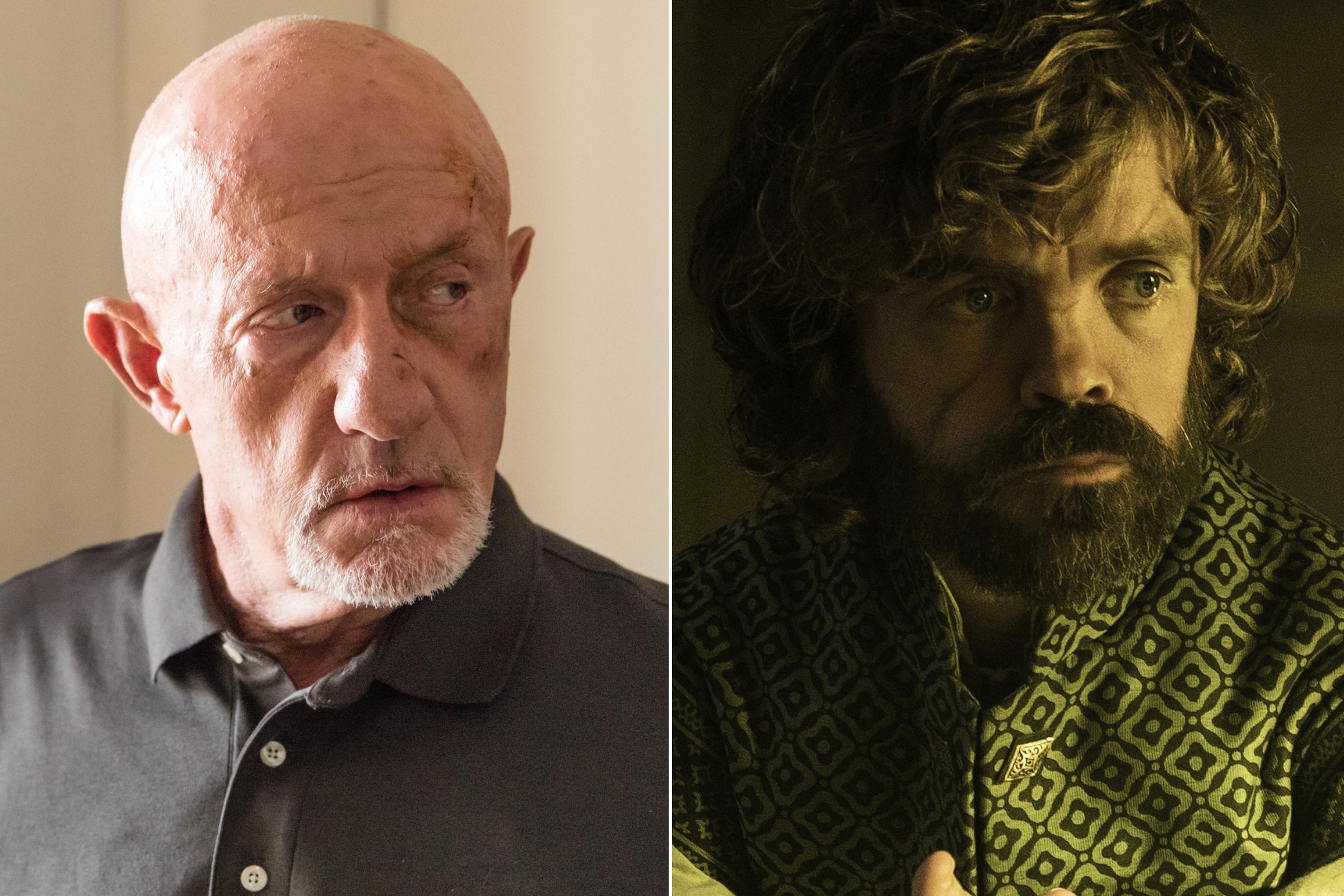
Jonathan Banks, Better Call Saul; Peter Dinklage, Game of Thrones; Kit Harington, Game of Thrones; Michael Kelly, House of Cards; Ben Mendelsohn, Bloodline; Jon Voight, Ray Donovan
Should win: Jonathan Banks, Better Call Saul
I’d happily give this award to Michael McKean for his work on Saul as an imposing lawyer whose long shadow (and whose either real or false allergy to electricity) overlays every aspect of protagonist Jimmy McGill’s life. But since he wasn’t nominated, Banks is my pick, and he’s certainly worthy; he kept his balance, and kept this viewer rapt, during a plot that could all too easily feel tangential to the show’s main action.
Will win: Peter Dinklage, Game of Thrones
Dinklage has two Emmys on the shelf already, and that was before a season in which he seemed to be written exclusively with bon mots geared toward delighting fans of Tyrion Lannister. No competition here feels formidable enough to topple him.
Best Supporting Actress, Miniseries/Movie
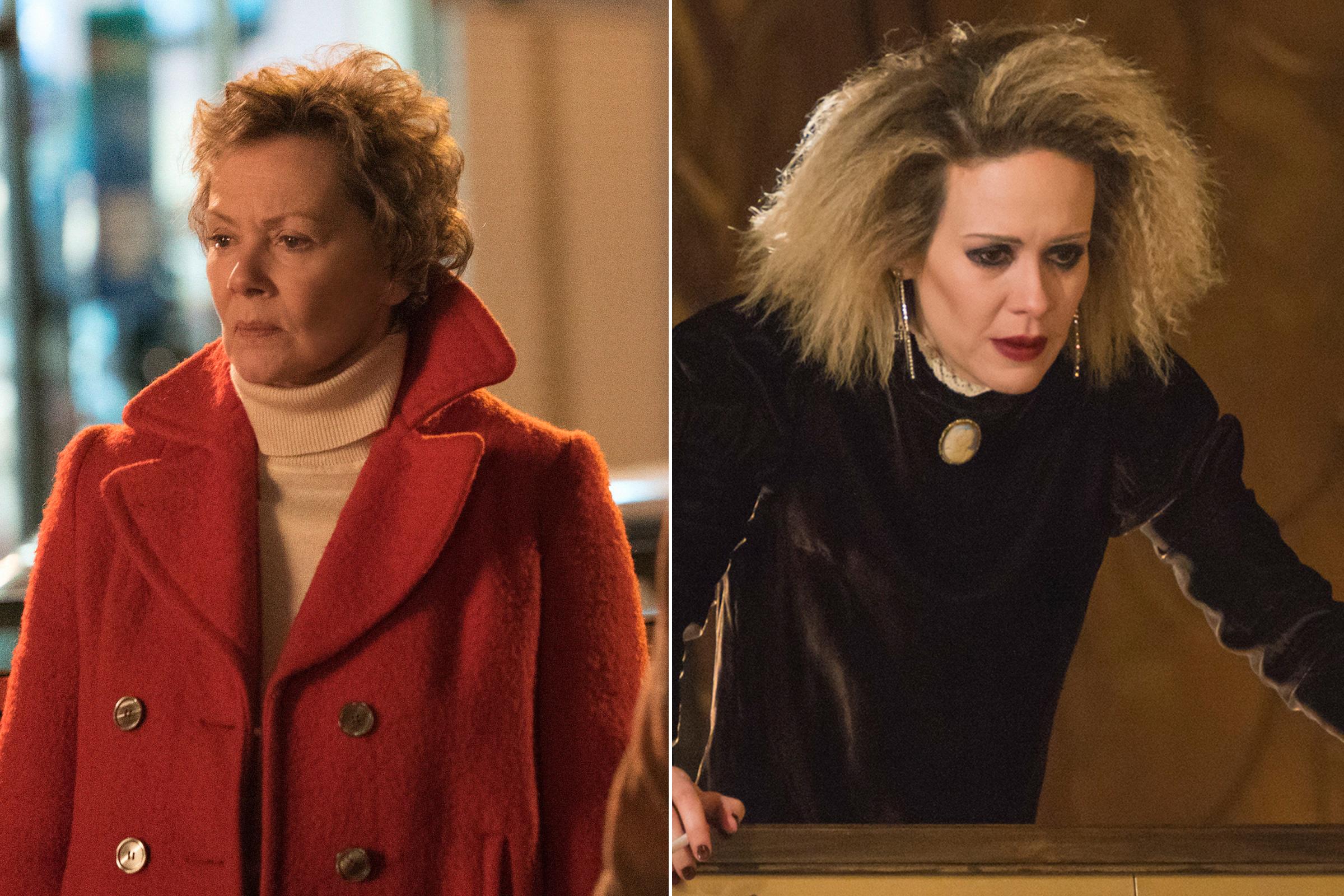
Kathy Bates, American Horror Story: Hotel; Olivia Colman, The Night Manager; Regina King, American Crime; Melissa Leo, All the Way; Sarah Paulson, American Horror Story: Hotel; Jean Smart, Fargo
Should win: Jean Smart, Fargo
Bates was reliably strong on a somewhat misbegotten season of American Horror Story, and Colman brought grit to her role as a (pregnant) intelligence agent. But a superlative season of TV that doesn’t have many other spots to be rewarded gets its prize from me here; Smart, a familiar TV presence for decades, showed what she has in her arsenal with a dazzlingly grim performance as a Midwest crime boss. It’s better to be feared than loved, but Smart elicited both emotions from me.
Will win: Sarah Paulson, American Horror Story: Hotel
Yes, Bates has won in this category before for her role on another American Horror Story season. And the same is true of Regina King on American Crime! But I believe that Paulson, thanks to her work on O.J., is so top-of-mind for voters that they’ll check off her name both times it appears on the ballot.
Best Supporting Actor, Miniseries/Movie
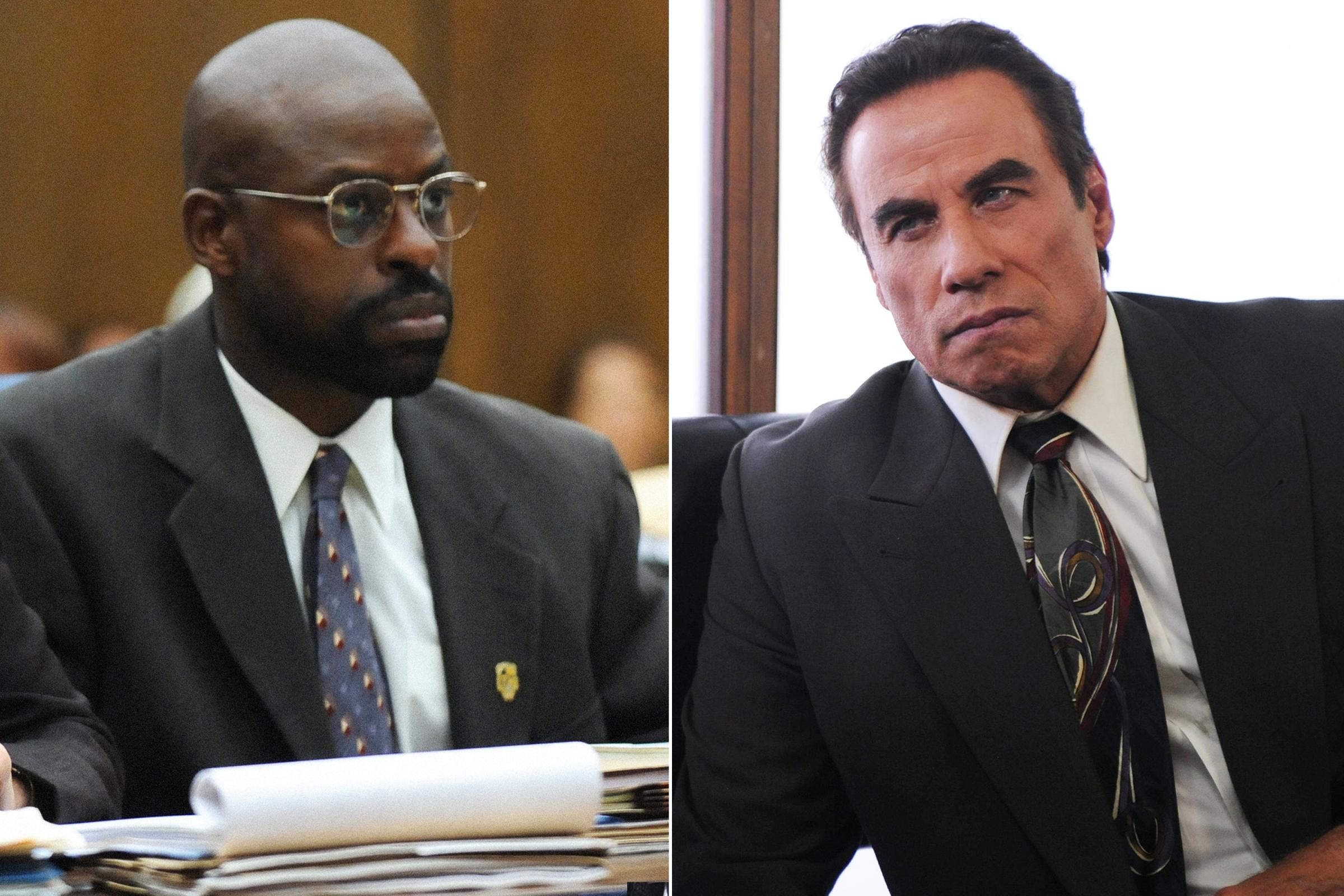
Sterling K. Brown, The People v. O.J. Simpson: American Crime Story; Hugh Laurie, The Night Manager; Jesse Plemons, Fargo; David Schwimmer, The People v. O.J. Simpson: American Crime Story; John Travolta, The People v. O.J. Simpson: American Crime Story; Bokeem Woodbine, Fargo
Should win: Sterling K. Brown, The People v. O.J. Simpson: American Crime Story
Another dazzling O.J. performance, this one lending the show its most potent dose of frailty. As Christopher Darden, Brown depicted a series of failings that were the prosecution’s failings. Lacking the force-of-nature confidence of Marcia Clark and burdened by a sense of letting down his entire race, Darden was a figure endlessly burdened—and yet still, somehow, light enough to have a crucial final moment of camaraderie with Clark.
Will win: John Travolta, The People v. O.J. Simpson: American Crime Story
There’s an argument to be made for Laurie—one of the biggest TV stars this century, and one who doesn’t face competition from a costar in this category. And yet enthusiasm for FX’s O.J. series seems robust enough to outpace competition from a star whose show whose pleasures are subtly European by comparison. And Laurie’s stardom is neutralized by the presence of one of the world’s most recognizable movie actors, exactly the sort of star (like recently miniseries or TV movie performers Michael Douglas, Bill Murray and Julianne Moore) that Emmy leaps at the chance to honor.
More Must-Reads from TIME
- How Canada Fell Out of Love With Trudeau
- Trump Is Treating the Globe Like a Monopoly Board
- Bad Bunny On Heartbreak and New Album
- See Photos of Devastating Palisades Fire in California
- 10 Boundaries Therapists Want You to Set in the New Year
- The Motivational Trick That Makes You Exercise Harder
- Nicole Kidman Is a Pure Pleasure to Watch in Babygirl
- Column: Jimmy Carter’s Global Legacy Was Moral Clarity
Contact us at letters@time.com